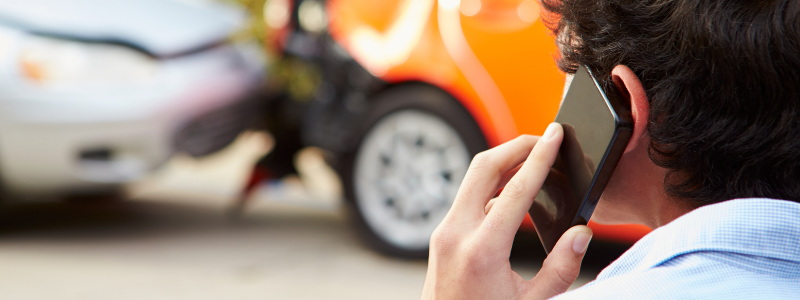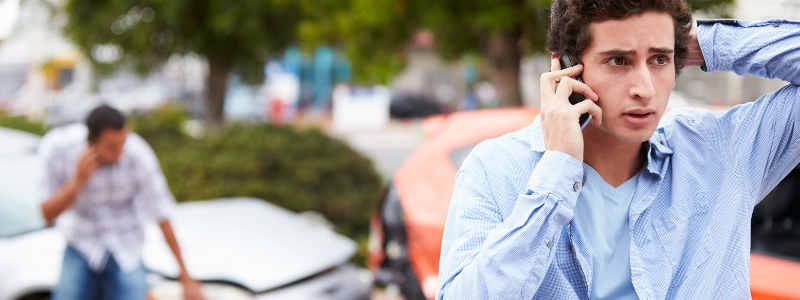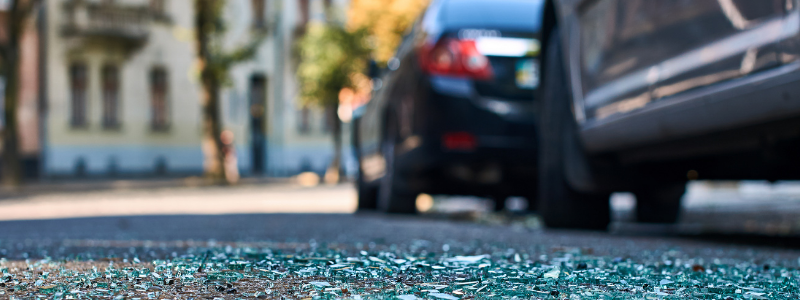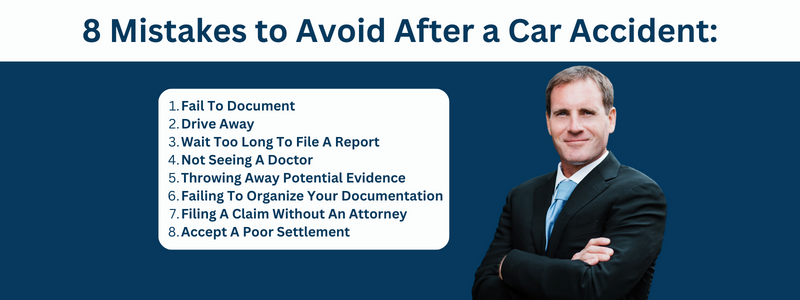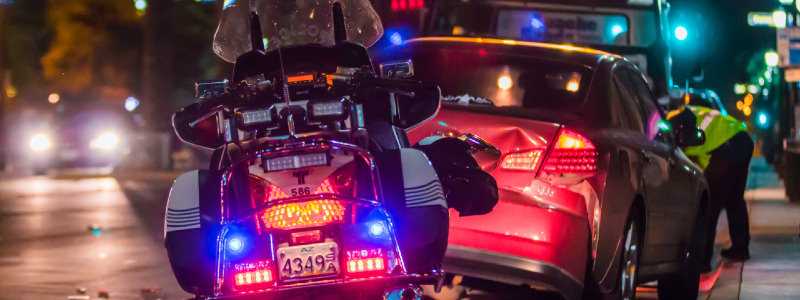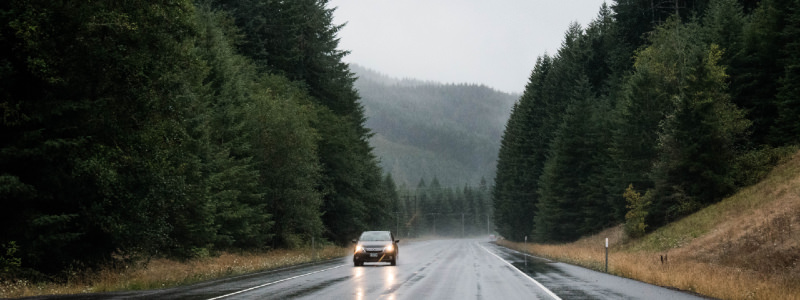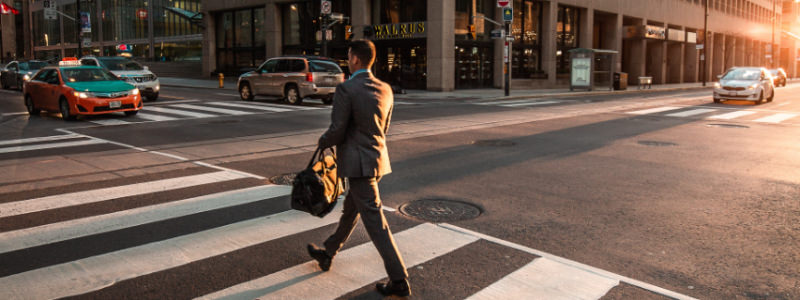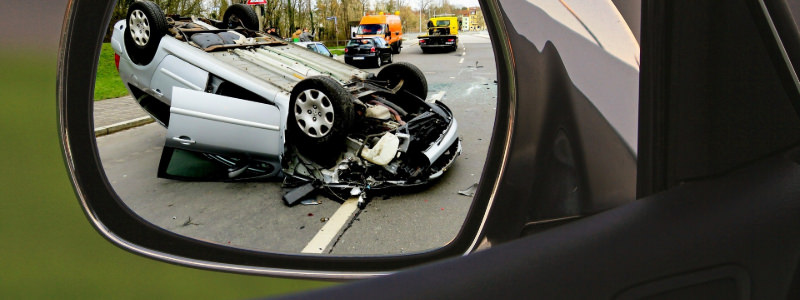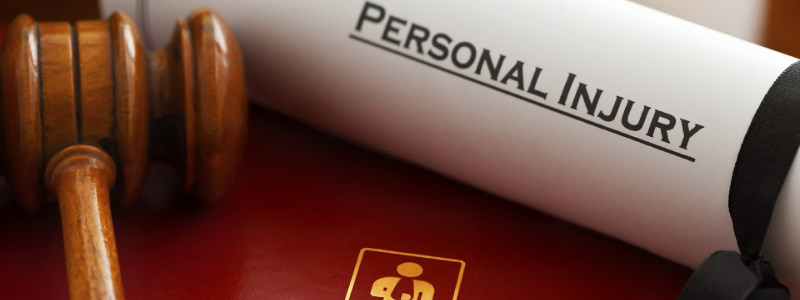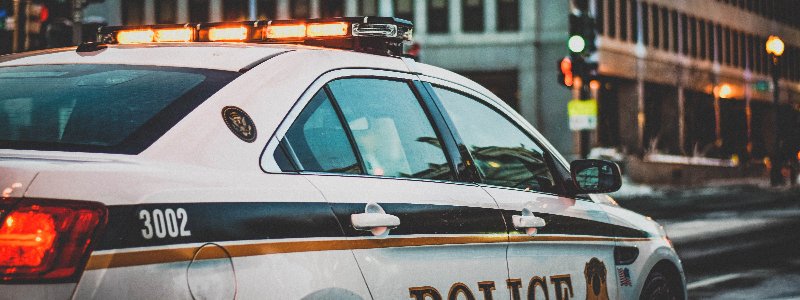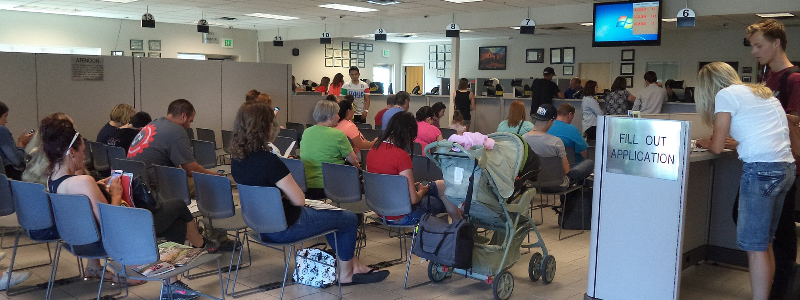The risk of being involved in an auto accident does not go away just because you’re on the job. Jobs including truck and bus driving, contracting, delivery, and sales all demand regular travel for their employees. It’s not uncommon for an office worker to be requested to use their personal vehicle to do an errand. It’s no secret that auto accidents are a major contributor to the rise of everyday workplace injuries.
Common on the job activities that increase the risk of getting into an auto accident
It’s common to associate auto accidents with the commute to and from work. However, many people need to drive to and from work every day. Employment in many fields demands regular use of a motor vehicle, such as truck driving, mobile sales, sales agenting, traveling nursing, and caregiving.
Everyone hopes they won’t be involved in a car accident, but as per the most recent statistics released by the Oregon State Transportation Department, unfortunately car accidents are a common occurrence in Oregon as approximately 55,000 crashes occur annually in Oregon. Due to the prevalence of traffic accidents, people whose jobs require them to drive are at a much higher risk of being hurt in one themselves.
An employee who is injured in an auto accident on the job may be eligible for workers’ compensation even if the accident was not their fault. A few such scenarios where an individual may have a valid claim following an automobile crash include:
- Injured truck driver
- caregiver commuting from one workplace to another
- Couriers
- Sales associates en route to or from a customer appointment
- Accidents involving utility workers and their work vehicles
- Construction workers operating heavy vehicles

Are on the job auto accidents covered by workers compensation?
Most auto accidents that occur on the job are covered by workers’ compensation. Your workers’ compensation benefits will cover payment for any necessary medical care, time off work, or retraining.
But not all auto accidents on the job count as qualified accidents. As a workers’ compensation lawyer, I am frequently asked if an injured worker could file a claim if the injury occurred on the way to or from work. Unless the employee can provide evidence that travel is necessary for the performance of their job, the answer is likely to be negative. You can evaluate your claim possibility by asking yourself the following questions:
- Was this a business trip?
- Is regular travel a requirement of your position?
- Do you get paid for the time you spend traveling for work?
- Does your employer know if the auto accident happened on their property?
Get in touch with our experienced Portland workers compensation attorney who can offer a first free consultation and evaluate your case to advice you on the getting the best possible outcome and the highest amount of workers’ compensation.
I was involved in an automobile accident and suffered injuries. Do we file a claim with the state’s department of motor vehicles or with the state’s department of workers’ compensation?
If you are hurt while driving for work and file a claim, you may be eligible for workers’ compensation benefits and may also be able to sue the negligent vehicle driver.
Quick medical attention is necessary after any kind of injury accident. During the time of the automobile accident, you should have been at work, so be sure to let your doctor know this. The next step is to fill out Section A of Form 801 for Oregon Workers’ Compensation. You should keep a copy and have your company fill out and file the bottom section. Verify with your employer that they have submitted the paperwork to the workers’ compensation carrier.
Your workers’ compensation insurance provider will most likely mail you an incomprehensible letter within the next few days. The letter you might receive will request a response regarding the auto accident claim. In the event that you do not respond to this letter within 60 days, the workers’ compensation insurer responsible for paying your medical expenditures will assume responsibility for the claim. If you decide to pursue the claim but wait more than 90 days to do so, the paying workers’ compensation insurer will take over the case.
Get in touch with our committed Portland workers’ compensation attorneys right away!
An experienced Portland workers compensation attorney has devoted their entire professional life to advocating for the rights of wounded employees and their loved ones. An experienced Portland workers compensation attorney takes the time to get to know their clients and their cases and fully comprehend their needs because they know the toll a work-related accident or sickness can take on an individual and his or her loved ones.
Our attorneys believe that informing injured workers about the workers’ compensation system is the best way to give them hope and relief. Our attorneys are proud to receive recommendations from other attorneys and organizations who recognize their dedication and value their expertise in handling difficult workers compensation matters.






